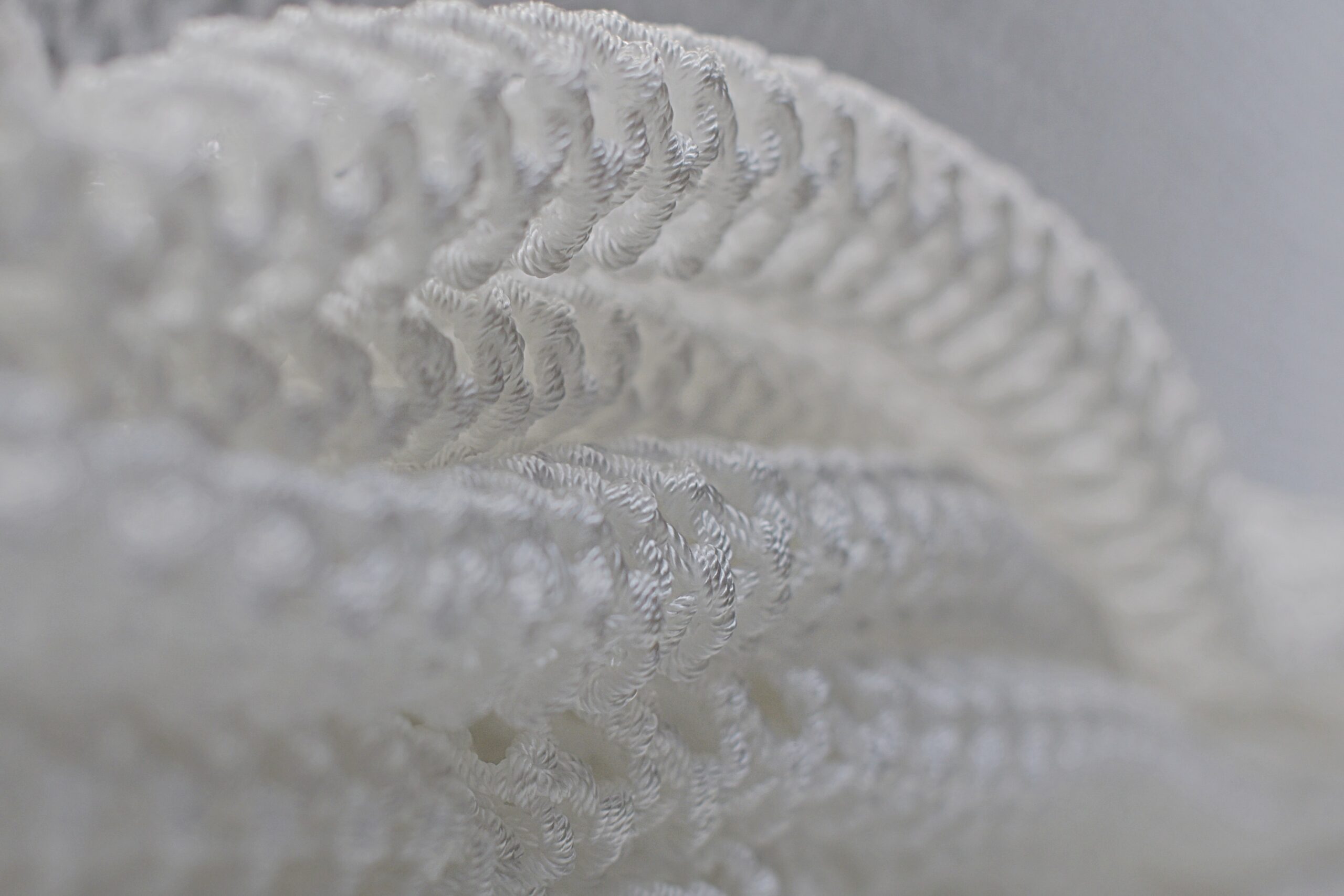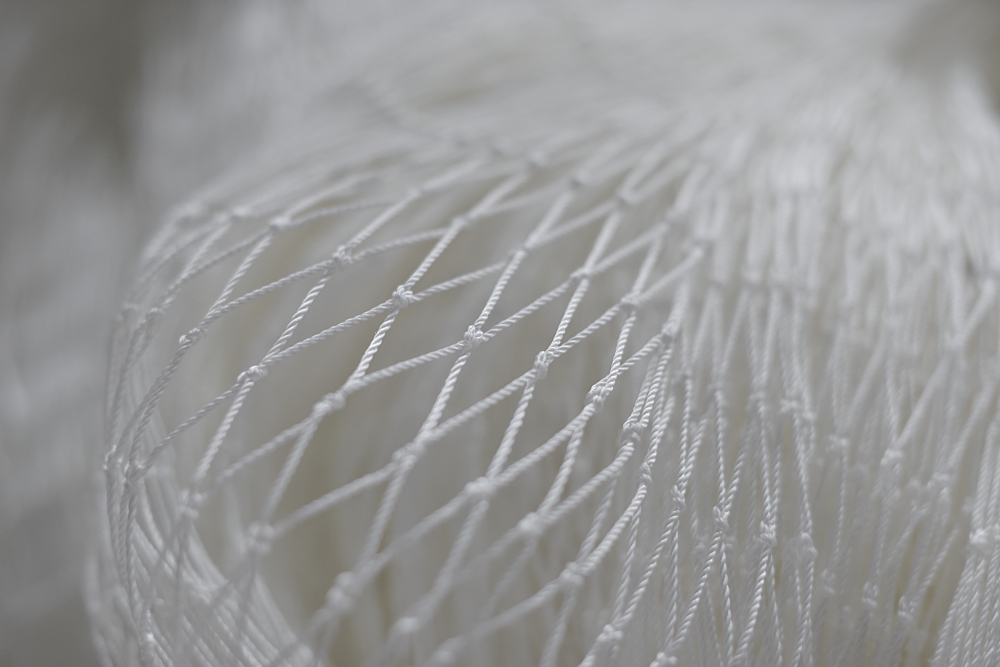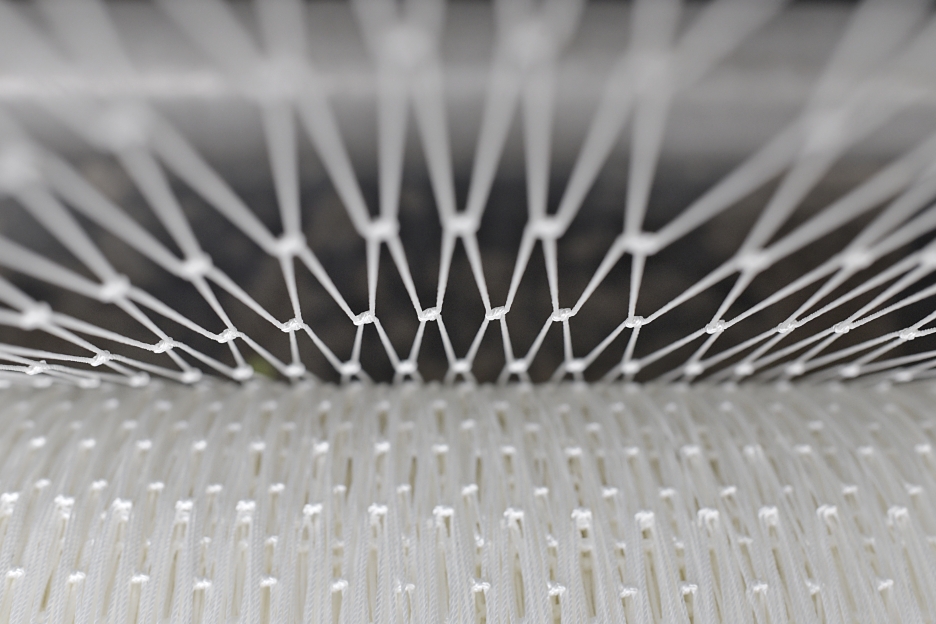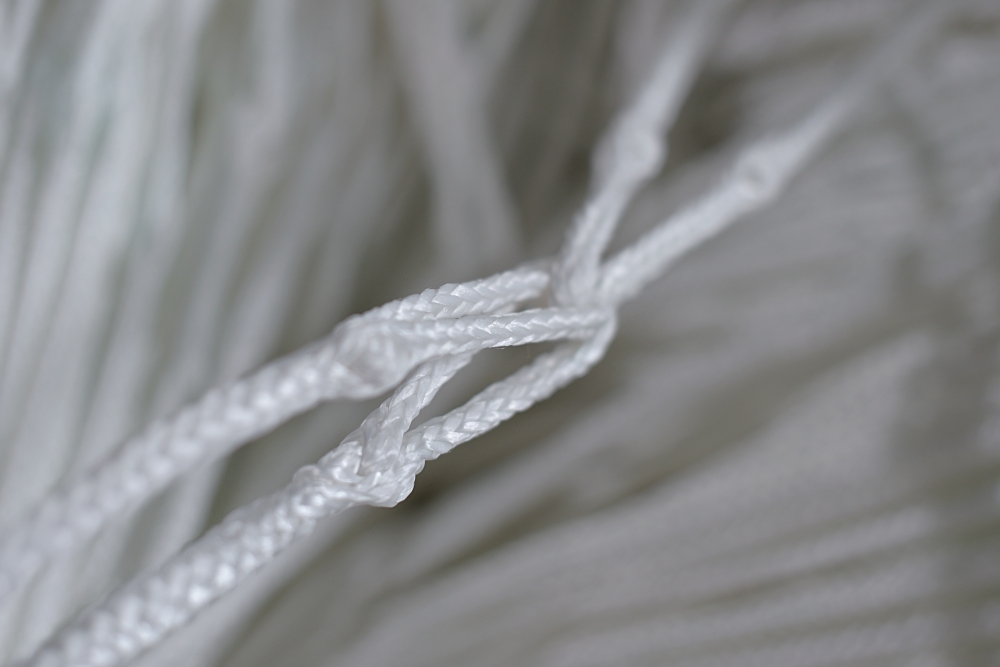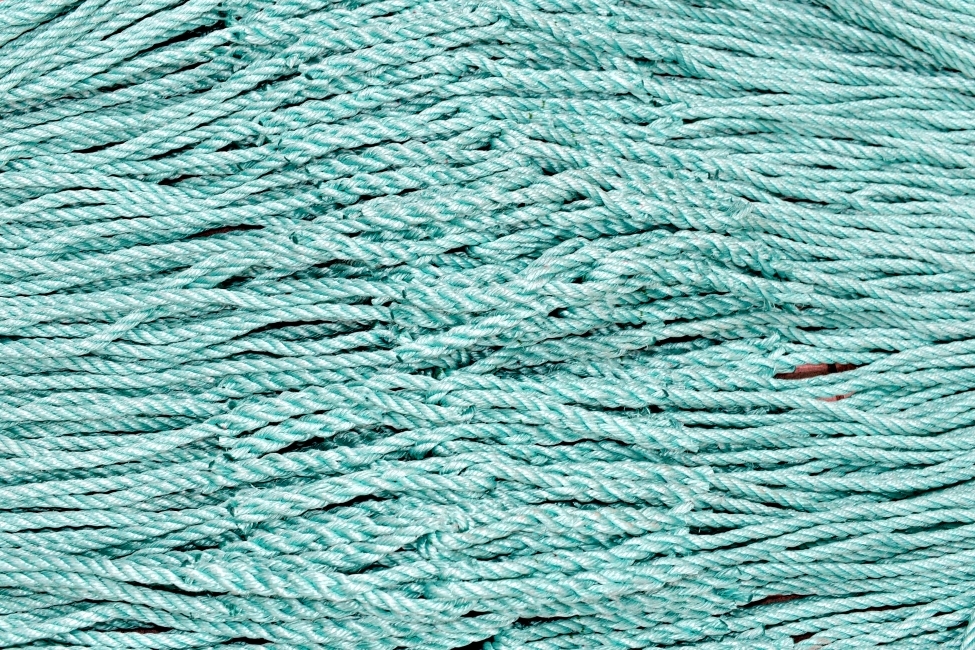NETTING
netting
Netting for fishing, aquaculture and other industries
All netting for the fishing industry are made of high-density raw materials, which provide us with extra strong netting, that are especially suitable for bottom trawling and pelagic trawling. Trawling requires abrasion resistant netting, why all Netmark netting are impregnated with a unique coating, which makes the nettings last longer.
Nylon netting is widely used for fishing and aquaculture. Its strength, abrasion resistance, and ability to withstand exposure to water make it a suitable material for this purpose. It’s important to choose the right type of nylon netting to ensure optimal performance and longevity in the intended use.
Polyester netting is strong and durable, having a very good abrasion resistance.It has a very good resistance to mold, mildew, and rot. Polyester has also a very good UV resistance.This makes polyester a better choice for applications where prolonged exposure to sunlight is a concern.
Nets made with Dyneema® fibers are up to a third of the weight compared to traditional nylon and have smaller twine diameters. This result in a reduced drag from current and waves, improving net stability and improving the environment for the fish inside the fish cages or the aquaculture net. The well-being of the fish is further improved by the better water flow.
Handspliced nylon netting refer to nets that are made by manually splicing or joining nylon ropes to create the net structure. Splicing involves intertwining or interweaving the individual strands of nylon ropes to form a strong and secure connection without the need for knots. Handsplicing allows for customization of net sizes and configurations. Craftsmen can tailor the net to meet specific requirements, such as mesh size, length, and design.
Danline is also called Polysteel. Polysteel is a high tenacity material on the polyolefins base: 75% of Polypropylene, 25% of high-density Polyethylene. Due to its strength and abrasion resistance it is mainly used in the navigation (mooring, towing) and the fishery industry. Polysteel floats on water, it is stable against sunlight and withstands most acids. This kind of netting can be delivered in a sheet or spliced in shape ready to use.

